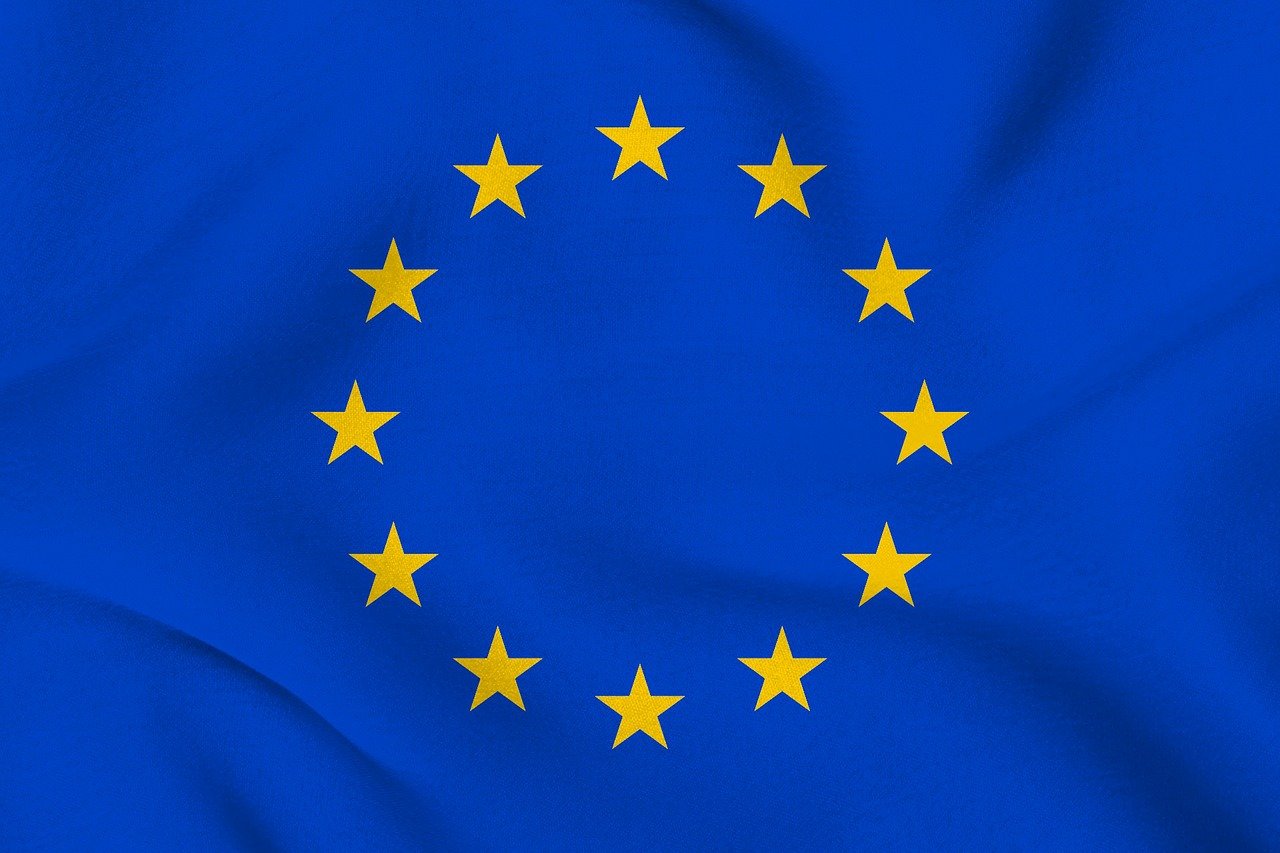EU Orders Removal of Non-Compliant Stablecoins by March 2025
23.01.2025 13:30 1 min. read Alexander Zdravkov
The EU has set a strict deadline for the removal of stablecoins that fail to comply with its new regulations, requiring crypto firms to delist non-compliant tokens by the end of March 2025.
This directive is part of the EU’s recently introduced Markets in Crypto Assets (MiCA) framework, which aims to bring clarity and oversight to the cryptocurrency industry.
MiCA defines stablecoins into two main categories: electronic money tokens (EMTs), pegged to a single fiat currency, and asset-referenced tokens (ARTs), which derive value from a combination of currencies, assets, or cryptocurrencies. The European Securities and Markets Authority (ESMA) has instructed national regulators across member states to ensure that crypto platforms take action to remove any EMTs or ARTs that do not align with these guidelines.
Designed to create a safer and more transparent environment for crypto users, MiCA introduces measures to prevent financial misconduct, including money laundering and market manipulation. It also enforces strict requirements on stablecoin issuers, such as maintaining sufficient liquid reserves and submitting to the oversight of the European Banking Authority.
The stablecoin provisions of MiCA came into effect in June, while the broader framework was fully implemented in December. Some major players, such as USDC, have already aligned with MiCA’s requirements, achieving compliance during the summer of 2024. As the deadline approaches, crypto firms face growing pressure to adapt to the EU’s new regulatory landscape.
-
1
GENIUS Act Clears Senate, Setting Stage for First U.S. Crypto Law
18.06.2025 12:00 1 min. read -
2
Coinbase and Set Gemini to Expand in EU Under MiCA Rules
17.06.2025 13:00 2 min. read -
3
Wall Street Prepares for Stablecoin Integration as Regulatory Path Clears
19.06.2025 11:00 1 min. read -
4
U.S. Senate Moves Closer to Passing Landmark Stablecoin Legislation
17.06.2025 10:00 1 min. read -
5
Bangkok Opens Five-Year Tax Holiday for Crypto Traders
18.06.2025 18:00 2 min. read
SEC Chairman With Important Comments on Regulation, Crypto, and Trading
U.S. Securities and Exchange Commission (SEC) Chairman Paul Atkins has emphasized the agency’s continued focus on investor protection, addressing insider trading, market manipulation, and the evolving landscape of cryptocurrency regulation.
Arizona Governor Vetoes Bill, Related to State Crypto Reserve Fund: Here Is Why
Arizona Governor Katie Hobbs has officially vetoed House Bill 2324, a legislative proposal that aimed to create a state-managed reserve fund for holding seized cryptocurrency assets.
SEC Explores New Fast-Track Process for Token-Based ETFs
The U.S. Securities and Exchange Commission (SEC) is in the early stages of developing a standardized listing framework for token-based exchange-traded funds (ETFs), according to a July 1 report by journalist Eleanor Terrett.
SEC Approves Grayscale ETF Tracking Top Five Cryptocurrencies
The U.S. Securities and Exchange Commission (SEC) has officially approved the conversion of the Grayscale Digital Large Cap Fund into an exchange-traded fund (ETF), finalizing its transition from an over-the-counter product into a fully regulated ETF structure.
-
1
GENIUS Act Clears Senate, Setting Stage for First U.S. Crypto Law
18.06.2025 12:00 1 min. read -
2
Coinbase and Set Gemini to Expand in EU Under MiCA Rules
17.06.2025 13:00 2 min. read -
3
Wall Street Prepares for Stablecoin Integration as Regulatory Path Clears
19.06.2025 11:00 1 min. read -
4
U.S. Senate Moves Closer to Passing Landmark Stablecoin Legislation
17.06.2025 10:00 1 min. read -
5
Bangkok Opens Five-Year Tax Holiday for Crypto Traders
18.06.2025 18:00 2 min. read


